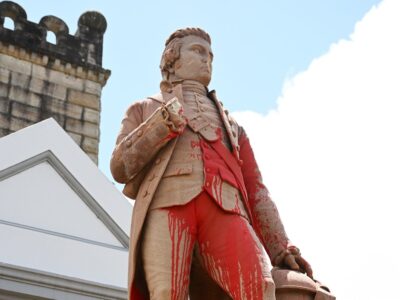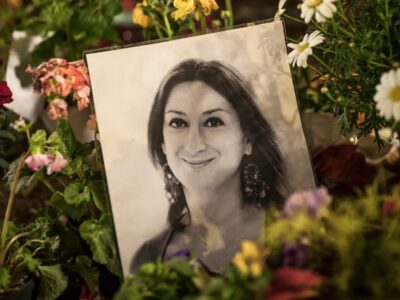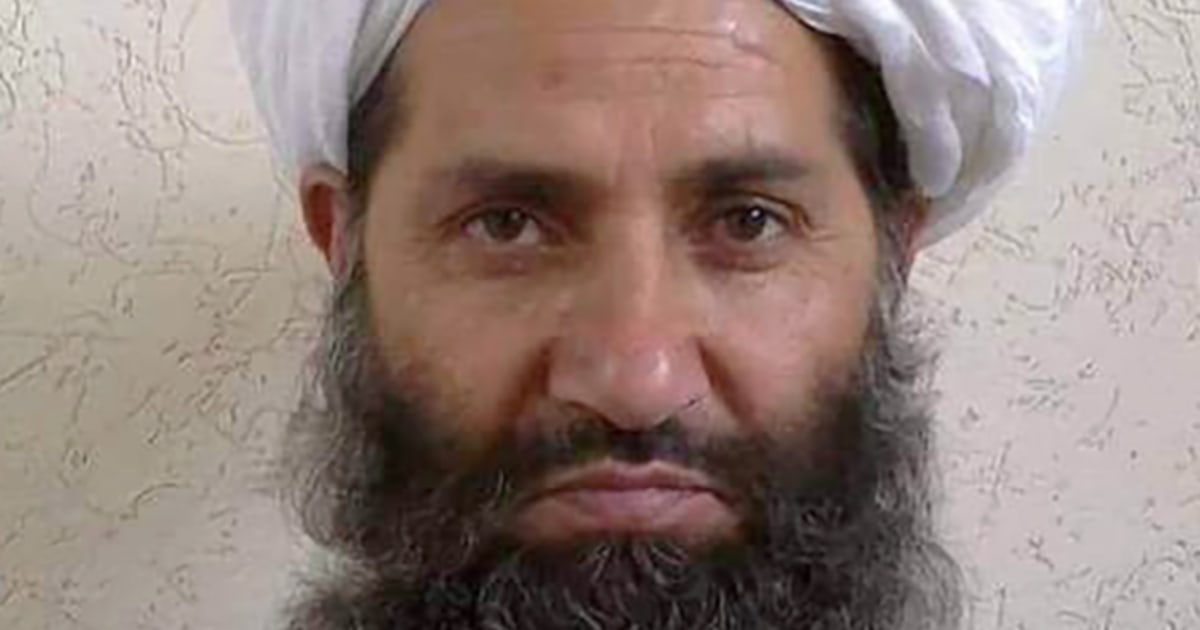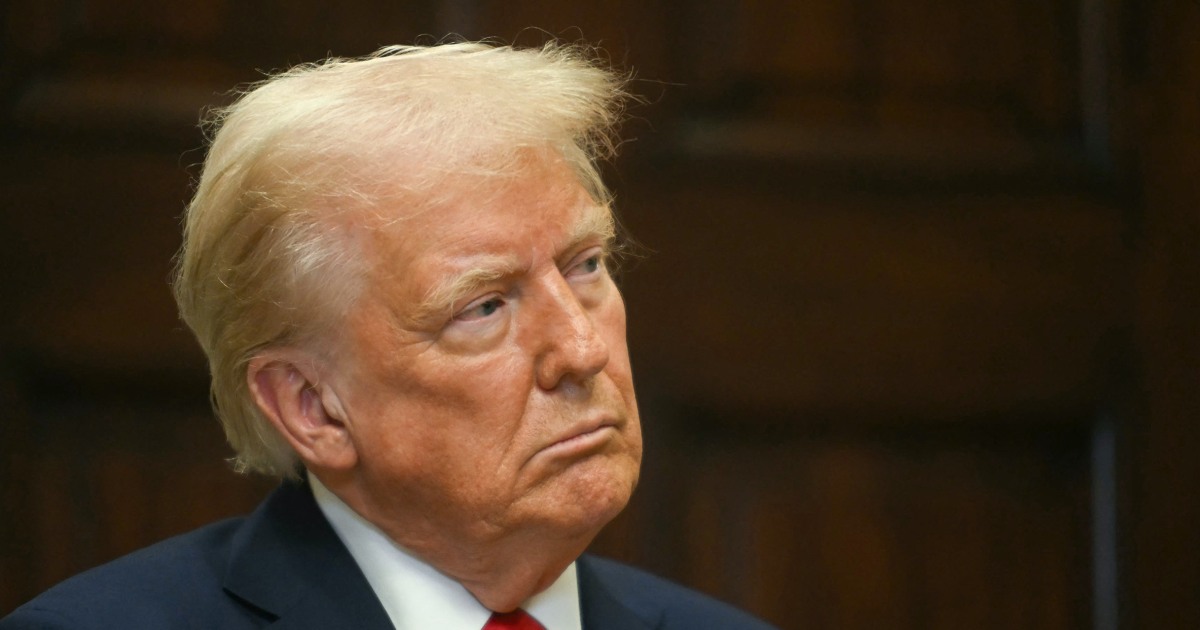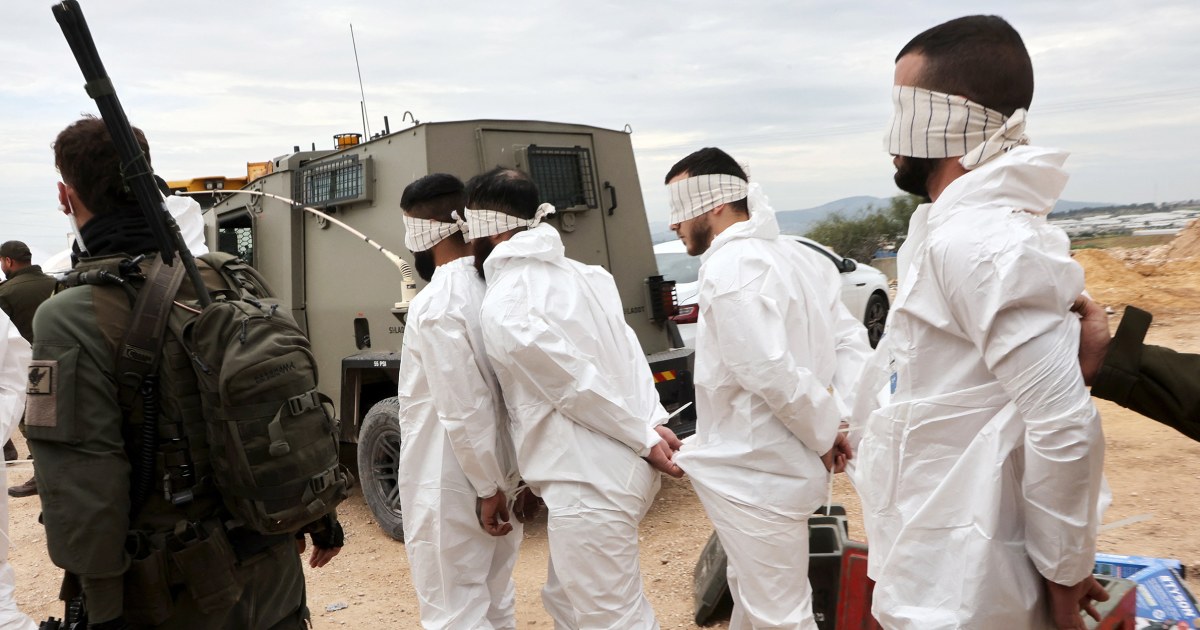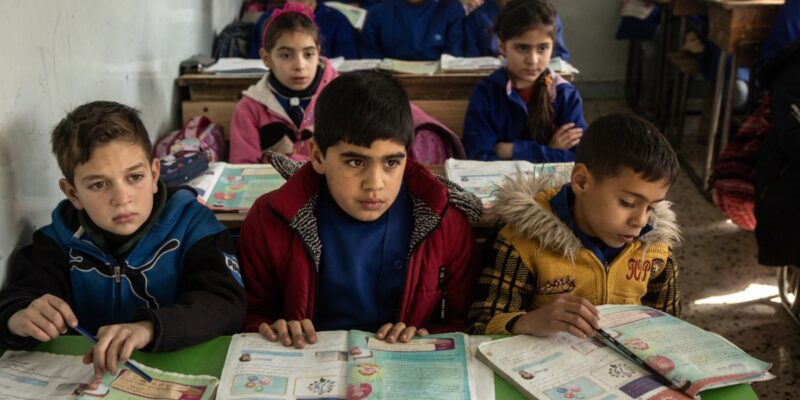
In the scramble to rewrite Syria’s future, it is perhaps no surprise that the classroom would lay bare cracks in the country’s fragile unity.
Widespread outcry followed an announcement that Syria’s new leadership was planning sweeping changes to the country’s education curriculum. To some wary of the rebel leaders who toppled the Assad regime last month, the changes were seen as a hint of their intent to install an Islamist agenda in the country’s schools — and beyond.
Syria’s education ministry announced the changes in a post on Facebook on Wednesday, the first day of the new year, sharing 16 pages of planned modifications to the country’s educational curriculum.
Some of the changes were less surprising, such as removing all references to ousted dictator Bashar al-Assad and his late father, Hafez al-Assad.
Others, however, sparked swift backlash.
References to the pre-Islamic queen of the ancient city of Palmyra, Queen Zenobia, were to be removed, as were the names and images of pre-Islamic deities from the high school curriculum. Meanwhile, in the third-grade Islamic education book, the phrase “the brave one who defends the homeland” was modified to “for the sake of Allah.”
The announcement sparked intense concern.
“Of course, it makes sense to remove glorification of the fallen regime and related concepts, but erasing historical facts and events from the struggles of our people, stations from the history of ancient civilizations … and irrational modifications to all subjects in the curriculum are indicators and steps, not coincidence,” Syrian writer and human rights activist Rima Flihan wrote in a Facebook post on Wednesday.
“And here lies the danger,” said Flihan, a former member of the Syrian National Coalition, appearing to allude to concerns that have pervaded the cautious optimism of Syrians across the country since Assad’s overthrow, in particular among the nation’s myriad religious and ethnic minorities.
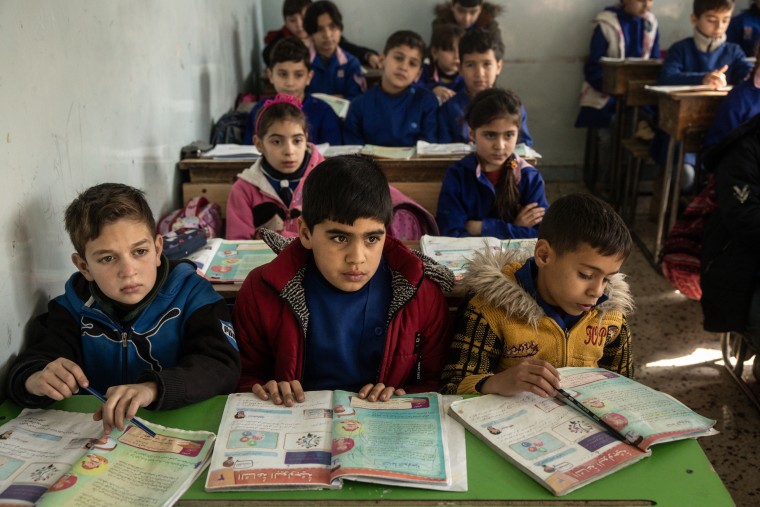
Children attend class at Suleiman Al-Halabi Elementary School in Damascus, Syria, on Dec. 16, 2024.Chris McGrath / Getty Images file
However, the education ministry clarified a day later that curricula would remain largely “unchanged” — at least until specialized committees could be formed to review and scrutinize them.
It was not immediately clear if this was a response to mounting public outrage. “It was a hasty step and they backed away from it,” Syrian researcher and writer Hossam Jazmati told NBC News on Friday, sharing his interpretation of events.
Education Minister Nazir al-Qadri said in a statement to NBC News that “what has been done to the curricula is the removal of certain paragraphs, not an amendment. The curricula remain unchanged and have not been withdrawn from students. Those who scrutinize the replaced phrases linguistically will notice that there is no issue with what has been modified.”
Al-Qadri said that “what was deleted is what glorifies the former regime and its followers.” He added that “changes and amendments to the curriculum will occur only after the situation stabilizes in Syria. As for now, there are no amendments, only the removal of certain phrases. There is a significant difference between a comprehensive modification and the mere deletion of some paragraphs.”
Syria’s de facto leader is Ahmad al-Sharaa, head of Hayat Tahrir al-Sham, or HTS, the rebel group that led the overthrow of the Assad regime. He has vowed to build a future Syria on the promise of an inclusive and representative society.
But the group’s extremist past has stoked doubts, and it remains to be seen whether Sharaa, who has said new elections in Syria could take as long as four years, and his interim government will make good on that vow as they seek to persuade Western nations to lift crippling sanctions on Syria that targeted the Assad regime.
Jazmati, who has written extensively about Sharaa, said the outrage over the curriculum reflected the “great chaos at the top of the pyramid in Damascus” as the country’s rebel leadership seeks to maintain its power while transforming the country in what has largely become a process of trial and error.
After more than a decade of civil war, the Assad regime fell in a swift burst of force from rebel groups last month. Now, Jazmati said of their leaders, “great and unexpected responsibilities have fallen upon them all.”
“There is constant adaptation,” he said, and a ”great deal of experimentation.”
It is unclear just how much Syria’s new leadership consulted with representatives of the country’s diversity of communities prior to announcing the changes to the education system. But Jazmati speculated that given the speed with which Syria’s caretaker government has sought to usher in new changes, it was likely relatively little.
Sharaa has been juggling leading a country devastated by years of brutal dictatorship and civil war with the consuming task of representing Syria’s new leadership on the international stage — he met with the foreign ministers of Germany and France on Friday, the first high-level European delegation.
All that has been complicated by scrutiny over Sharaa’s past as a jihadist leader with links to both the Islamic State terrorist group and Al Qaeda.
What exactly his true vision is for Syria, and whether he will be able to enact it, remains to be seen. The textbooks of the nation’s youth may offer an indication.

